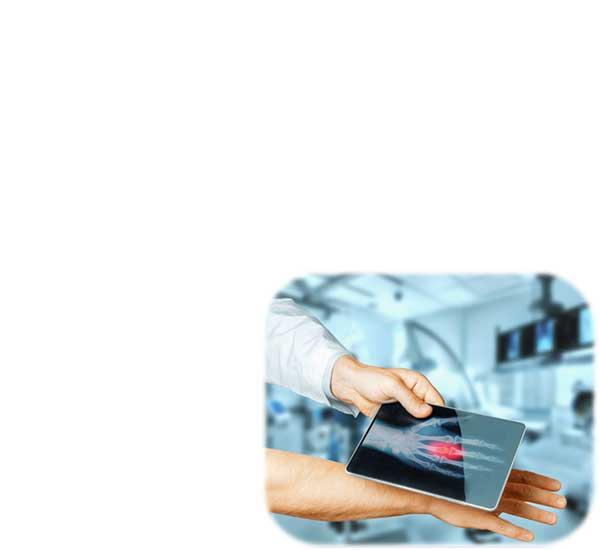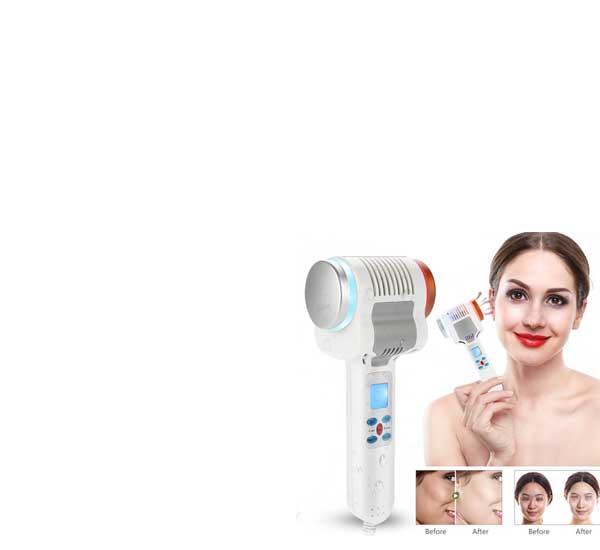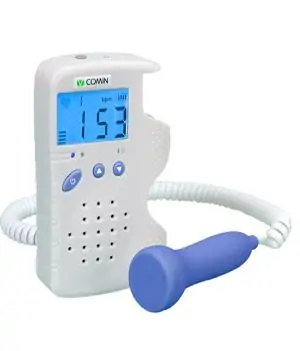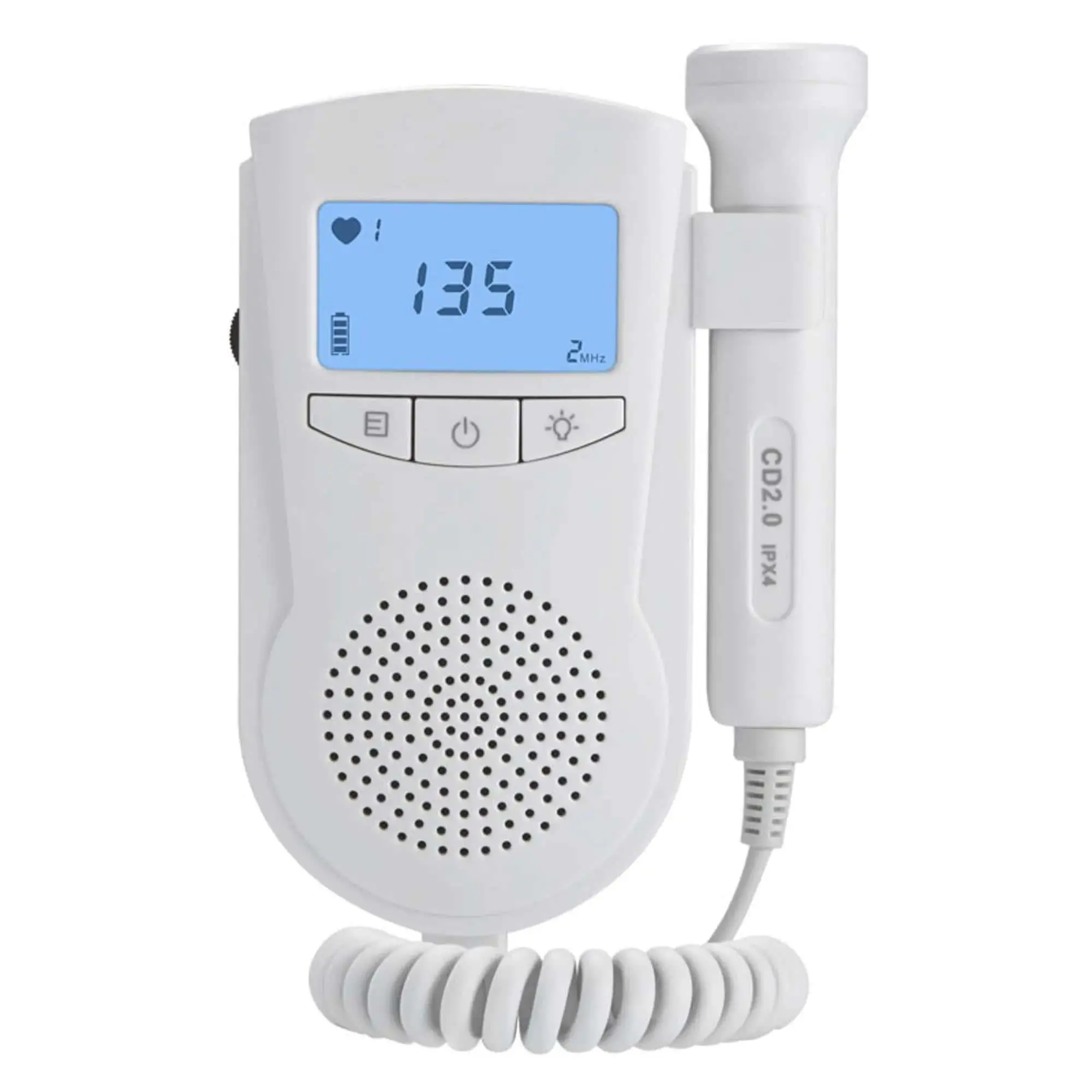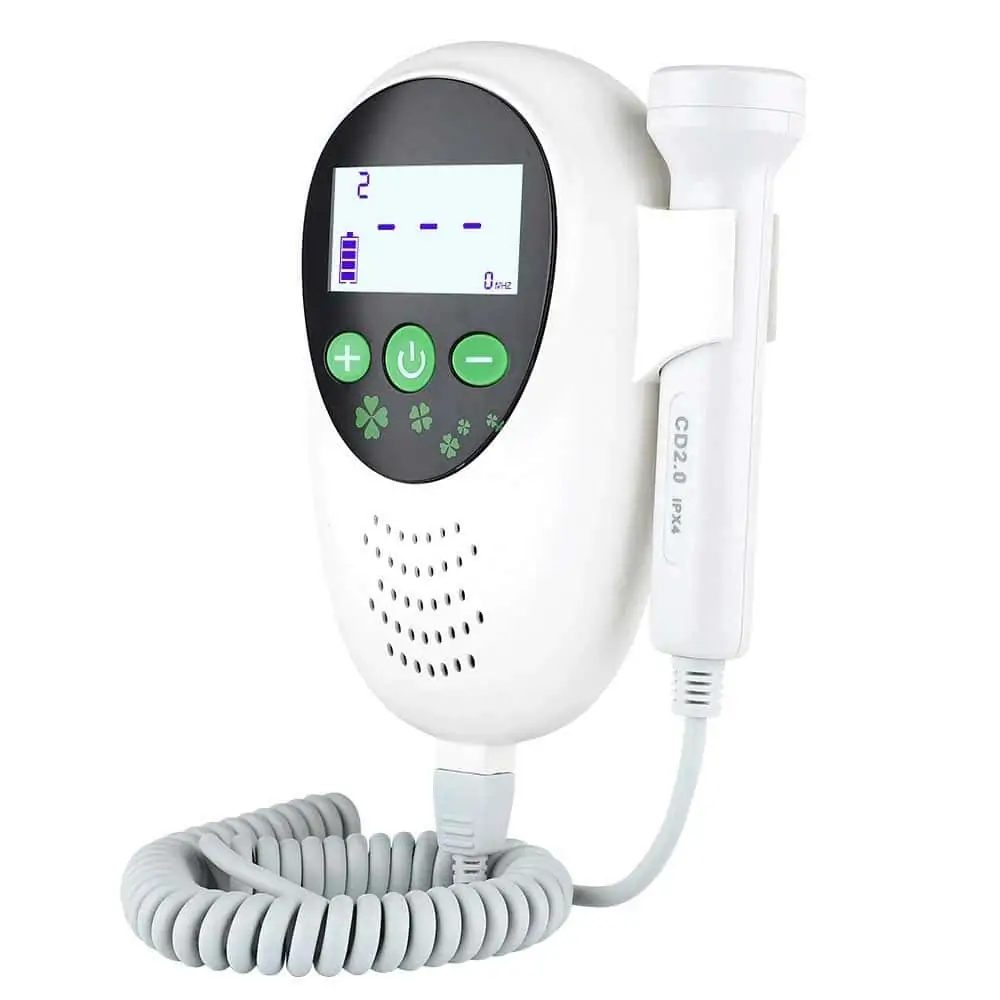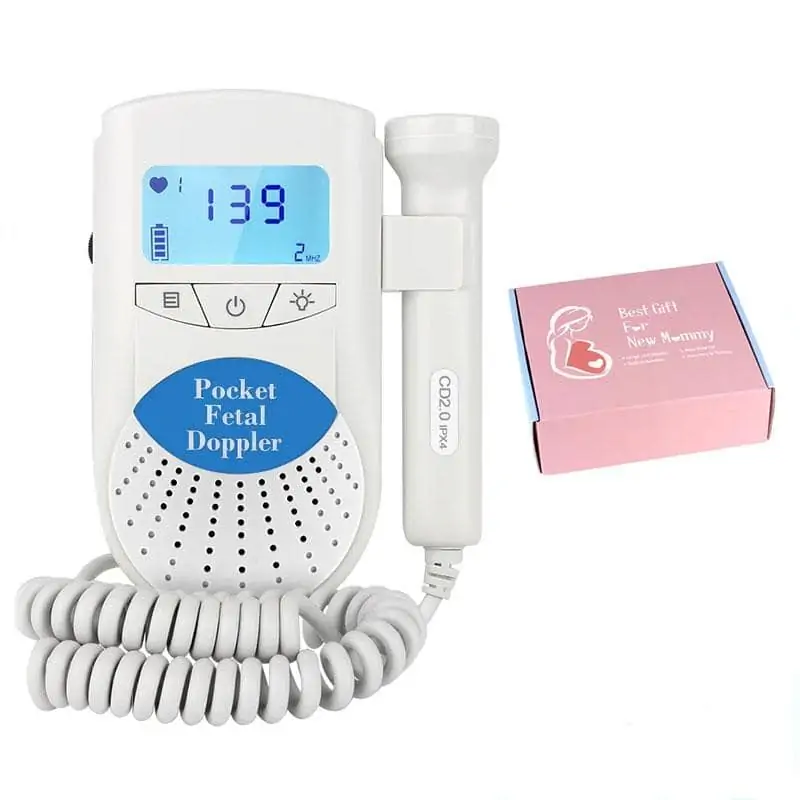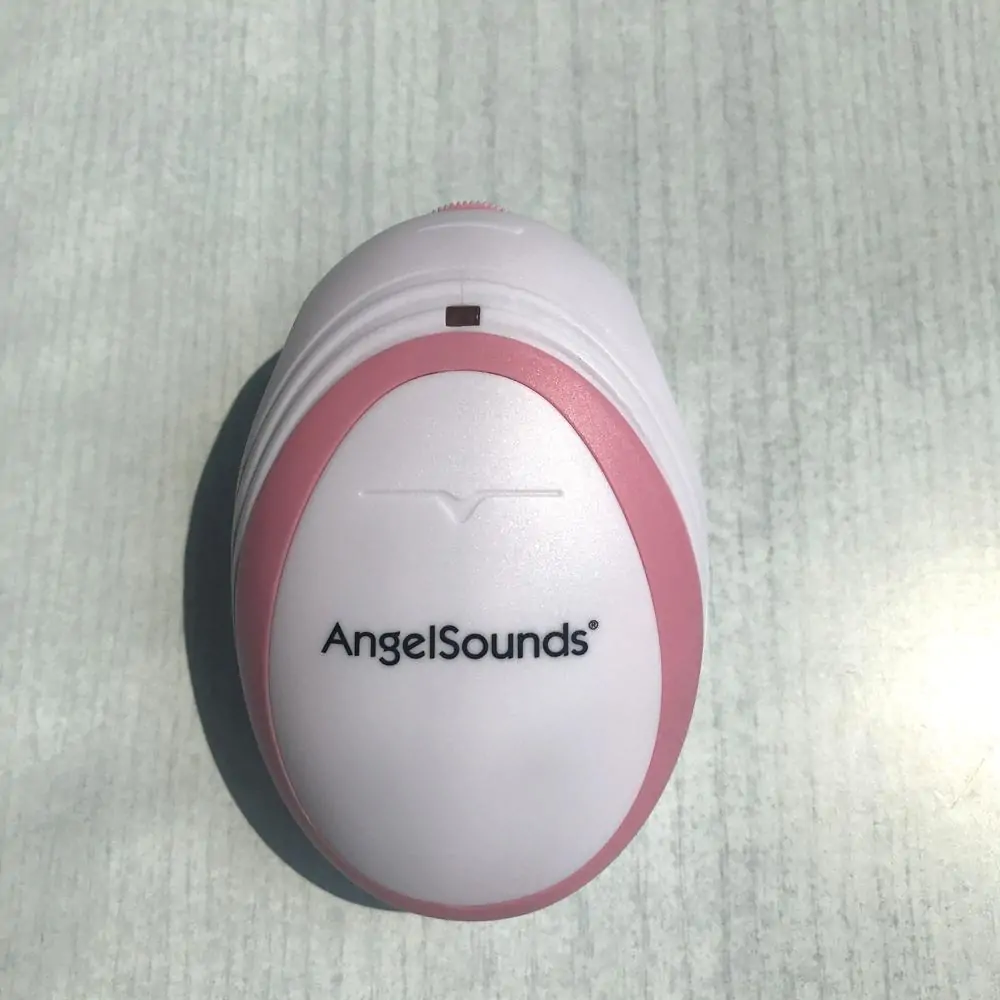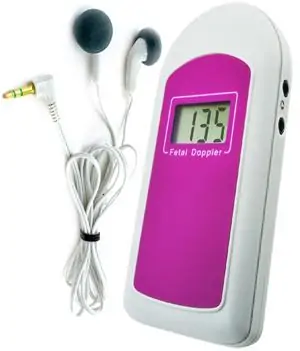Understanding Fetal Doppler: A Complete Guide Leave a comment
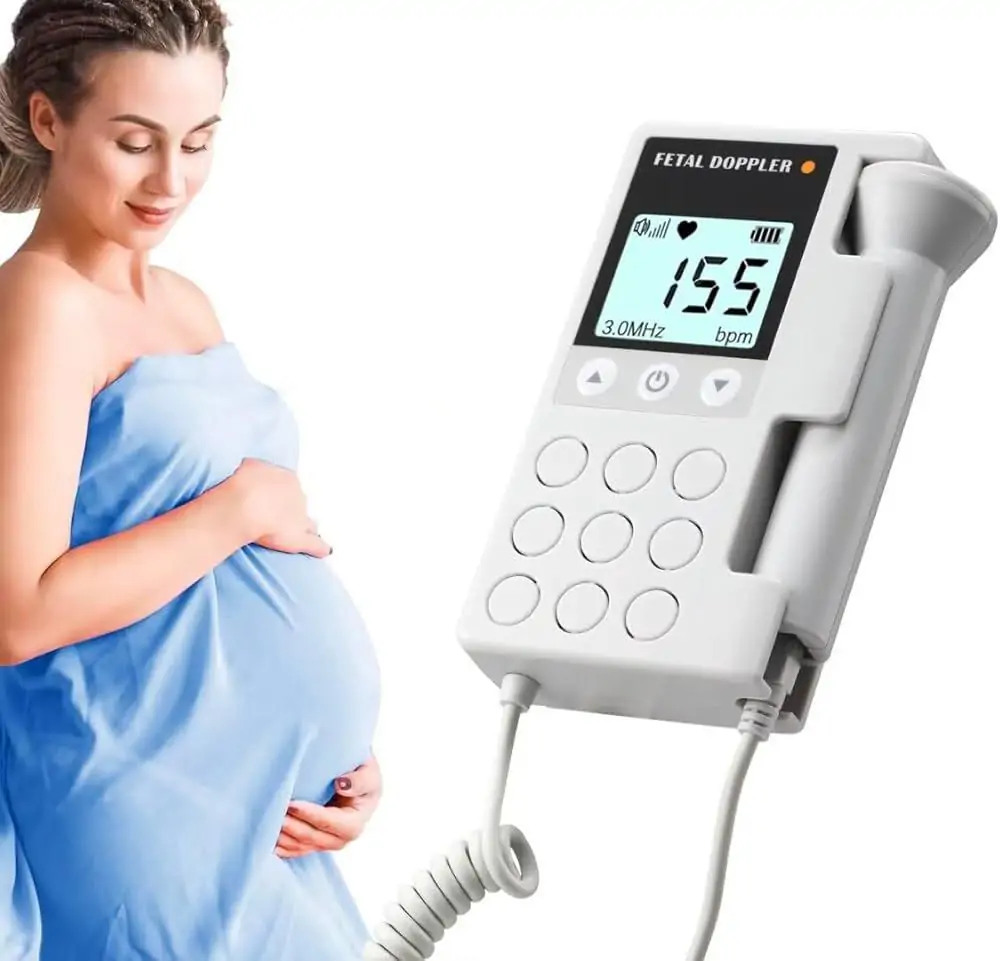
Fetal Doppler
Are you an expectant mother eager to listen to your baby’s heartbeat? A Fetal Doppler could be your new best friend during pregnancy. This tiny yet powerful device allows you to hear your baby’s heart, giving you peace of mind and a deeper connection with your child. In this article, we’ll explore everything you need to know about Fetal Dopplers, including their benefits, how to use them, and tips for the best experience.
What is a Fetal Doppler?
A Fetal Doppler is a handheld ultrasound device used to detect the fetal heartbeat during pregnancy.It emits sound waves that bounce off the fetal heart, allowing you to listen to the heartbeat through a speaker. These devices offer a quick and non-invasive way to monitor fetal health, making them popular among healthcare providers and expectant parents.
How Fetal Dopplers Work
Fetal Dopplers work on the principle of Doppler ultrasound, which works in the following way:
-
- The device emits high-frequency sound waves.
-
- These waves penetrate through the body and reflect off moving objects, like a baby’s heart.
-
- The reflected sound waves return to the Doppler, where they are processed and amplified, creating a sound that resembles a heartbeat.
Benefits of Using a Fetal Doppler
Fetal Dopplers provide numerous benefits for expectant mothers and their families. Here are some notable advantages:
-
- Peace of Mind: Hearing your baby’s heartbeat can alleviate anxiety that often comes with pregnancy.
-
- Connection: It allows parents to bond with their baby before birth.
-
- Monitoring Health: Regular checks can help ensure that the baby is healthy and active.
-
- Convenience: Home-use models let parents hear the heartbeat anytime they want.
Practical Tips for Using a Fetal Doppler
Here are some tips to ensure the best experience when using a Fetal Doppler:
-
- Timing: Use the Doppler during the second and third trimesters when the fetal heartbeat is more easily detectable.
-
- Positioning: Lie down on your back with a pillow under your hips.Apply a small amount of gel to enhance sound transmission.
-
- Angle: Start at the pubic bone and angle the device slowly; move around to find the best sound.
Understanding the Fetal heartbeat
The average fetal heartbeat ranges from 120 to 160 beats per minute during pregnancy. It can be affected by several factors, including:
-
- Gestational age: Heart rates can be faster in the earlier weeks and slow down as the pregnancy progresses.
-
- Activity level: A baby that is moving a lot may have a different heart rate compared to when it is resting.
-
- Mother’s health: Maternal stress levels, hydration, and other health factors can influence fetal heartbeat.
Case Studies: Real-Life Experiences
Many parents have shared their experiences of using a Fetal Doppler. Here are a couple of compelling stories:
| Name | Gestational Age | Experience |
|---|---|---|
| Sarah | 20 weeks | Heard a steady heartbeat for the first time. It was emotional and reassuring. |
| Mike | 28 weeks | Struggled to find the heartbeat initially but eventually did – a moment he’ll cherish. |
Frequently asked Questions (FAQs)
Is it safe to use a Fetal Doppler at home?
Yes, fetal Dopplers are generally safe when used as directed.Though, avoid excessive use to prevent anxiety or unneeded worry.
When can I first hear my baby’s heartbeat?
Moast parents can hear their baby’s heartbeat with a Doppler between 10 to 14 weeks of pregnancy, although some may not detect it until later on.
Can I use a Fetal Doppler rather of seeing my doctor?
While Dopplers are helpful, they should not replace regular prenatal check-ups. Always consult your healthcare provider for professional evaluations.
Conclusion
Using a Fetal Doppler can be a heartwarming experience, providing a unique prospect to connect with your unborn child. By understanding how to use the Doppler correctly and knowing what to expect, you can make the most out of this pregnancy tool. Whether you’re in your early stages or approaching labor, a Fetal Doppler can bring you a sense of reassurance and joy. Always remember that your healthcare provider remains the best source of details about your baby’s health.



